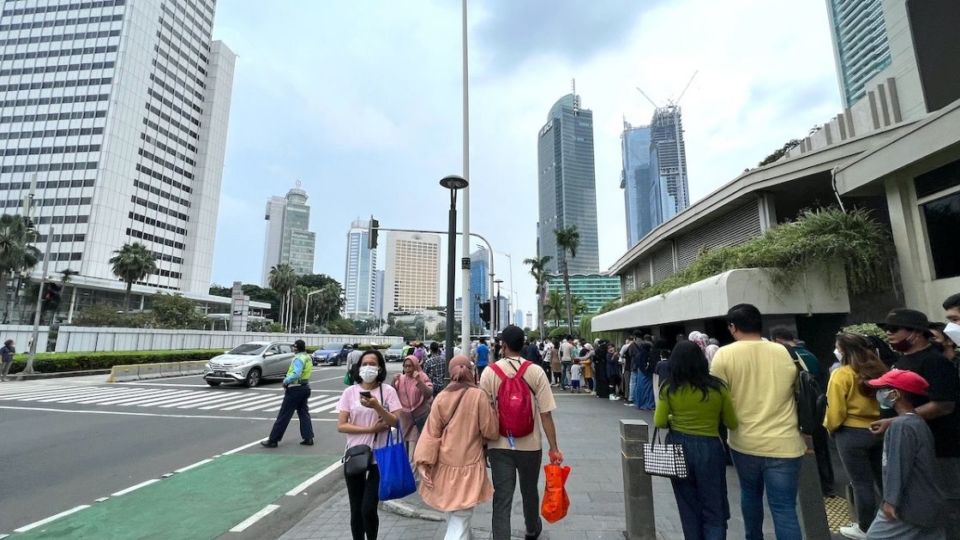Indonesians may soon be a step closer to post-pandemic life, as the government says it plans to end a COVID-19 restrictions protocol the country has had to live with for over a year.
Coordinating Minister for Human Development and Culture Muhadjir Effendy hinted that the government plans to end the Enforcement of Restrictions on Public Activities (PPKM) protocol as COVID-19 appears increasingly manageable in the country.
“If the situation is already under control, why should PPKM continue?” Muhadjir said yesterday.
Muhadji added that the government is listening to various experts about scrapping PPKM, but noted that the ultimate measure for the relaxation of restrictions could be taken imminently.
“There is a very big chance [of ending PPKM]. As soon as possible,” he said.
Muhadjir said that Indonesia has already taken one important step towards declaring COVID-19 an endemic disease, namely President Joko Widodo’s decision last week to allow people to take off their masks outdoors.
In addition, PCR and antigen tests are no longer required for fully-vaccinated international and domestic travelers.
Also Read — Feel free to take off your mask outdoors: President Jokowi
PPKM replaced another nationwide restrictions protocol, the Large-Scale Social Restrictions (PSBB), in January 2021. The level of restrictions under PPKM depended on the severity of a region’s COVID-19 outbreak, and much of Indonesia saw the strictest form of the policy during the devastating Delta variant-driven wave in mid-2021.
As we move towards ending PPKM, the government said among the next steps taken to relax restrictions include lifting the mandatory mask policy in various public facilities, such as on public transportation and indoor spaces with satisfactory air circulation.
Separately, Pandu Riono, an epidemiologist at University of Indonesia’s (UI) Faculty of Medency, recently urged the government to discontinue PPKM. Pandu, who has been a huge proponent for PPKM, said most people in Indonesia are well-protected from SARS-CoV-2 due to high antibody levels, so the government has to update its policies by easing restrictions on public activities.




